Thousands of Harris County Homeowners Dropped from Insurance
This blog draws on reporting from ABC13 (Leleana Pearson, October 10, 2025)

A growing number of Harris County homeowners are being dropped by their insurance companies, leaving many struggling to find new coverage or facing steep premium increases. Recent data reveals the extent of this issue and the factors contributing to it, showing that challenging a property insurance claim denial is an uphill battle. Recent investigations show that Citizens has routed more than 1,500 disputes into a mandatory arbitration system where it wins over 90% of final hearings. By comparison, in Florida’s circuit courts, Citizens wins just over half the time.
Rising Policy Cancellations Across Harris County
In 2023 alone, insurers in Harris County nonrenewed or dropped approximately 4,192 homeowners — about 1% of all policyholders, according to data reviewed by ABC13. Since then, major weather events like Hurricane Beryl and the May 2024 derecho have likely driven that number even higher.
Nationwide, homeowners in disaster-prone regions lose coverage at nearly twice the rate of those in less vulnerable areas — and Harris County’s exposure to flooding, hurricanes, and rising construction costs makes it especially vulnerable.
Why Insurance Companies Are Pulling Out
Several factors are contributing to the rise in non-renewals and cancellations:
Severe Weather and Rising Claims
- Frequent storms and floods are driving up claims, increasing insurer losses.
Higher Rebuilding Costs
- The price of materials and labor has surged, making coverage in high-risk zones less sustainable.
Updated Risk Models
- New data-driven models are classifying more homes as high risk, resulting in dropped policies or soaring premiums.
Profit and Regulatory Pressures
- To remain profitable, insurers are limiting their exposure in markets like Harris County.
Impact on Homeowners
For many residents, losing home insurance isn’t just an inconvenience — it’s a financial and emotional burden.
Difficulty Finding New Coverage
When insurers withdraw, homeowners often struggle to find suitable alternatives. When they do, premiums may be double or triple what they paid before. Forced-Placed Insurance
Mortgage lenders may impose costly, limited coverage if homeowners can’t secure a new policy.
Financial Strain
Rising costs are hitting families and retirees hard, especially those already managing other expenses.
Property Value Concerns
Homes without affordable insurance are more difficult to sell, which can potentially reduce property values.
Limited Alternatives
Some turn to the Texas Windstorm Insurance Association (TWIA) or National Flood Insurance Program (NFIP) for basic coverage, but those programs can be restrictive.
Expert Insight
According to Troy Cothran, Secretary and Treasurer of the Houston Association of Realtors, “More people are filing big claims, and that’s putting pressure on insurers to limit their exposure.” Some homeowners, he notes, have seen their costs double, triple, or even quadruple.
He advises homeowners to work with independent insurance agents, who can compare multiple carriers to find available coverage options.
What Homeowners Can Do
While these market shifts are complex, homeowners can take practical steps to protect themselves:
- Work with an independent agent to compare policies.
- Keep records of maintenance, repairs, and storm-prevention improvements.
- Explore supplemental coverage through TWIA or NFIP.
- Review mortgage requirements to avoid forced-placed insurance.
Consult a Texas insurance lawyer if you believe your policy was wrongfully canceled or denied.
Protect Your Rights — Get Legal Help Today
If your home insurance claim has been denied, you don’t have to face it alone. The Chad T. Wilson Law Firm advocates for homeowners across Texas who have been unfairly treated by their insurance companies.
Contact us today or call 713-222-6000 for a free consultation.
Do not lose hope if you have filed an insurance claim and were denied or underpaid. Let the Chad T. Wilson Law Firm get justice for you.


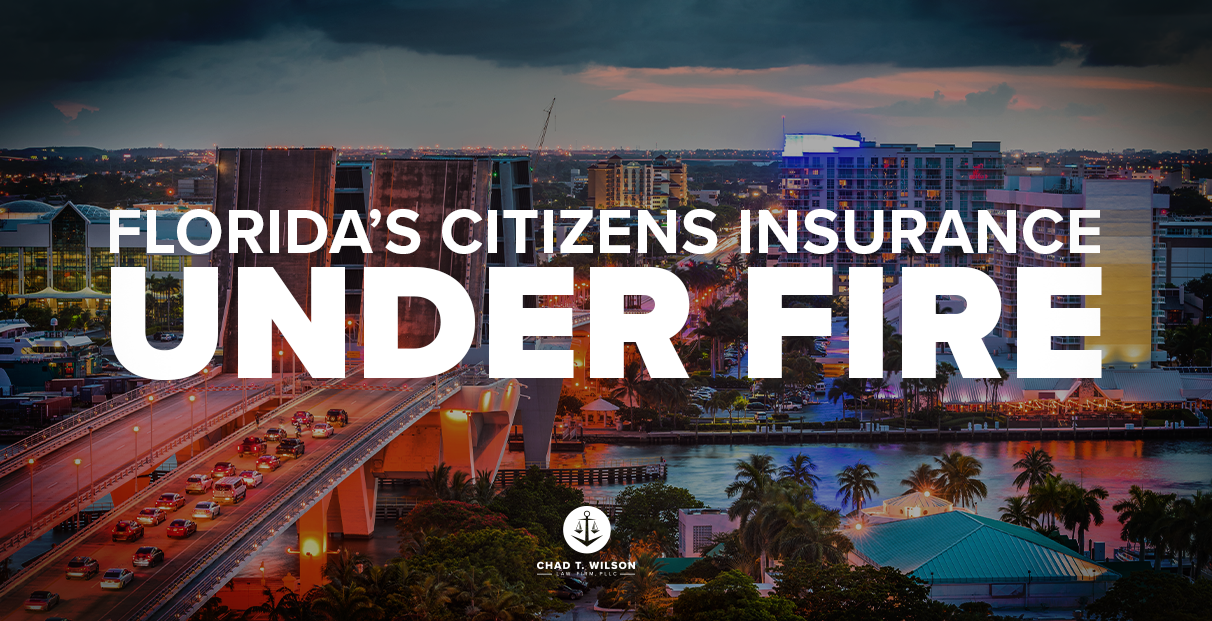
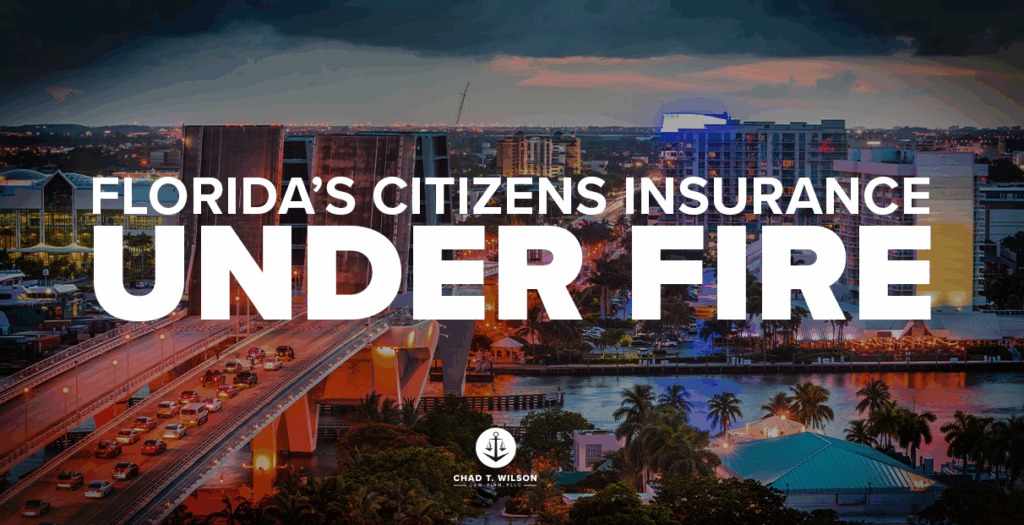

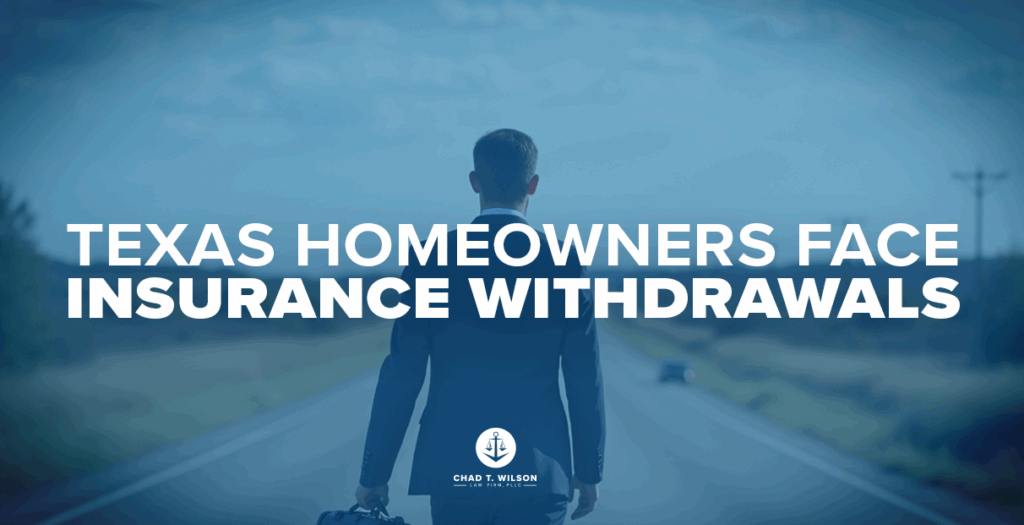
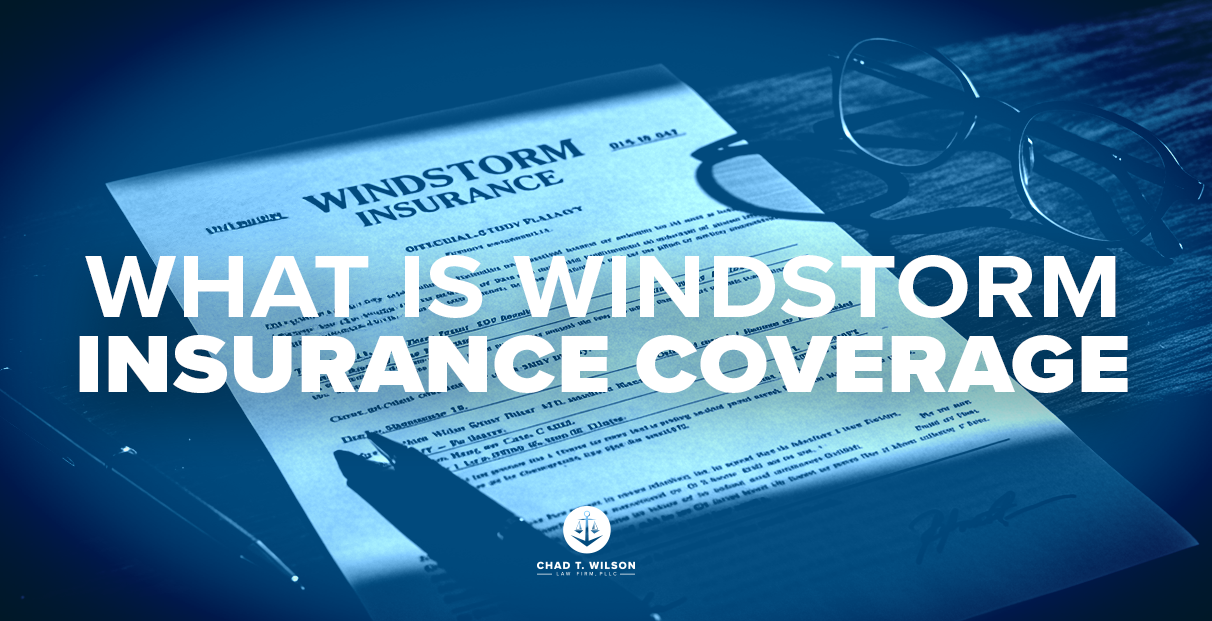

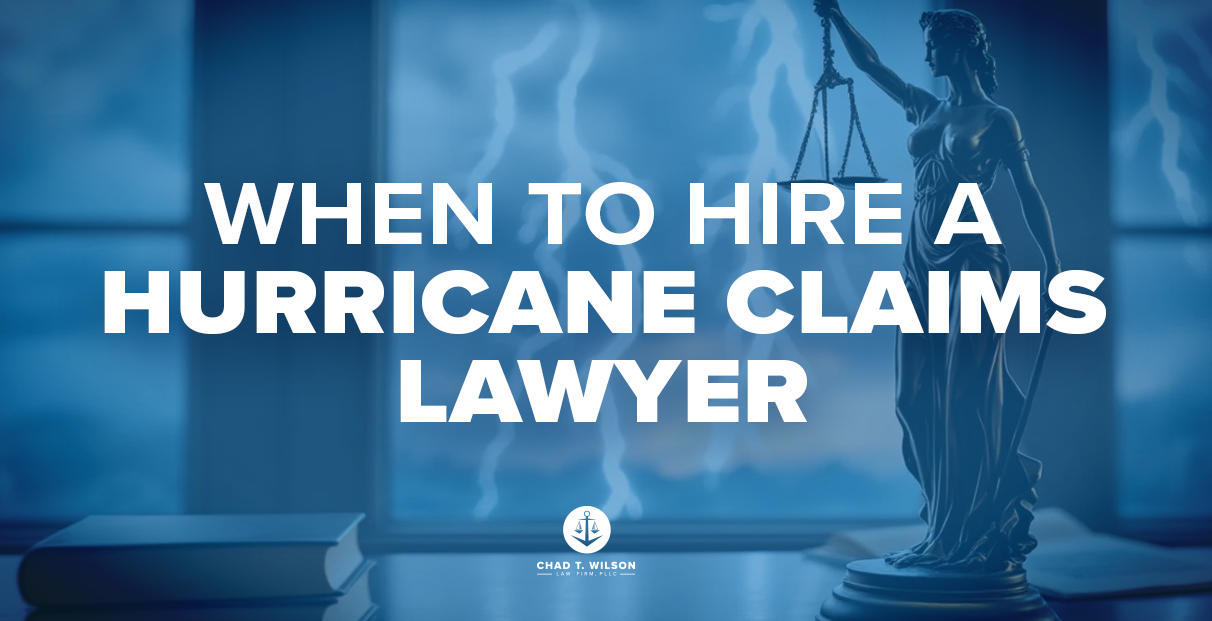
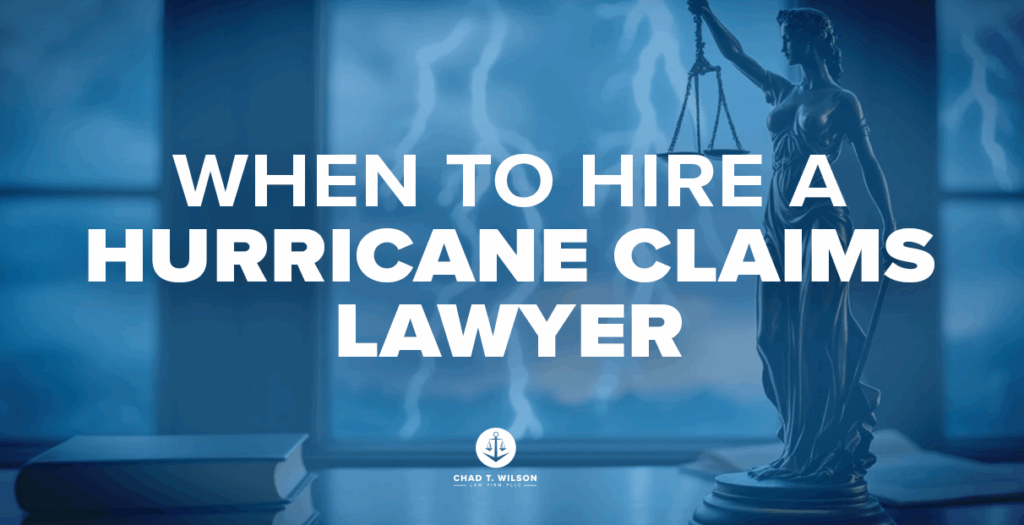
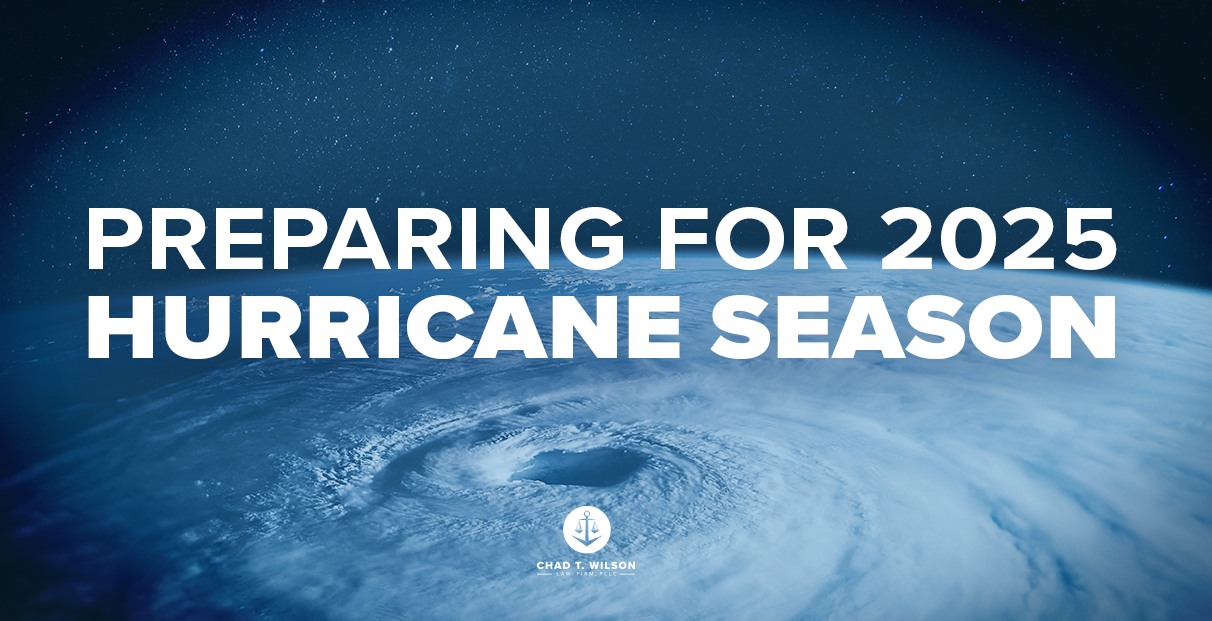
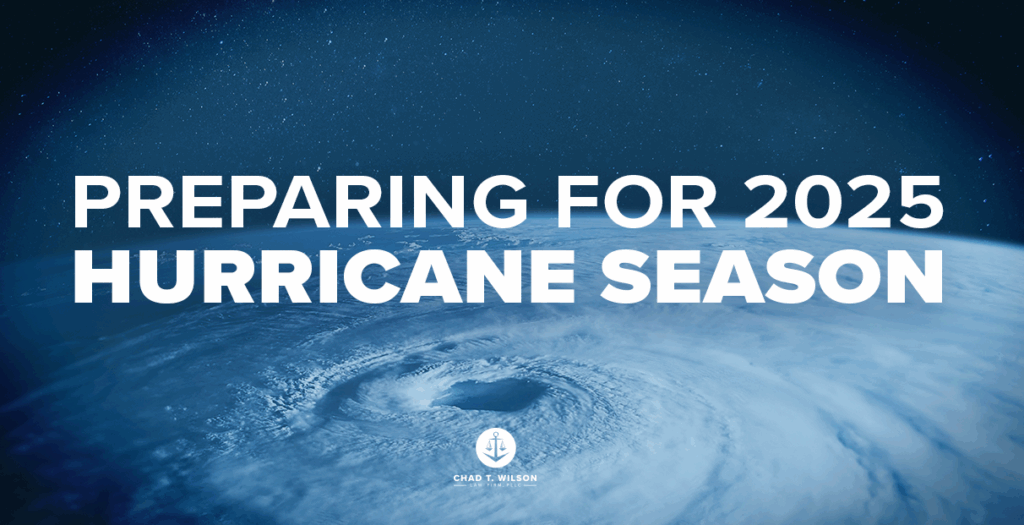
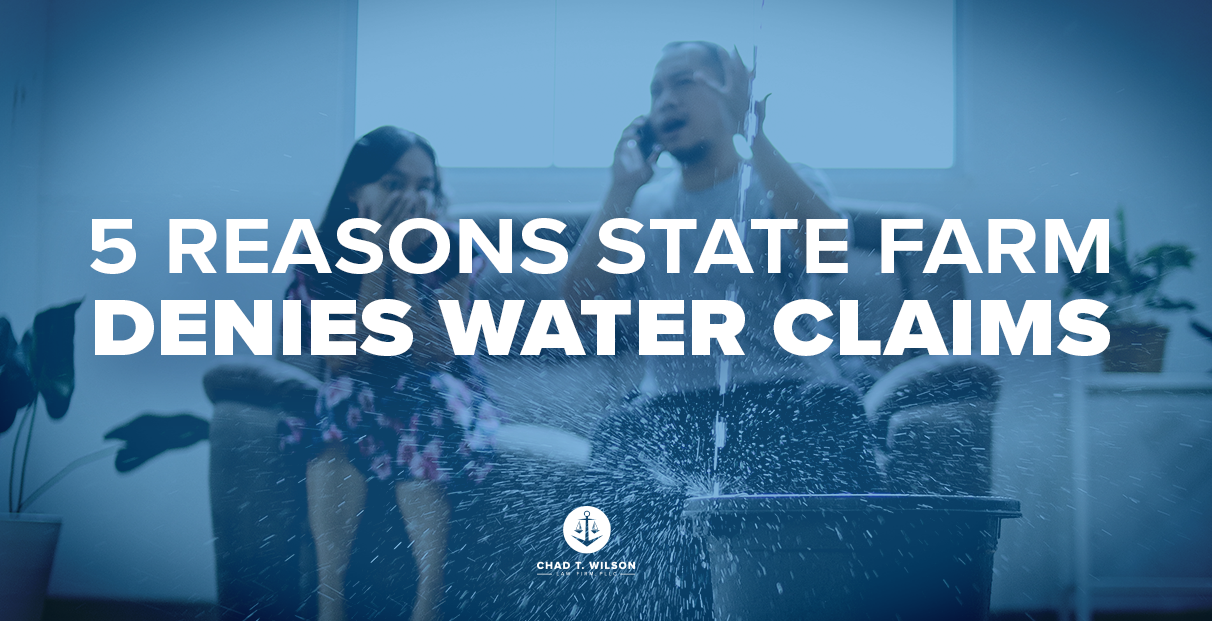

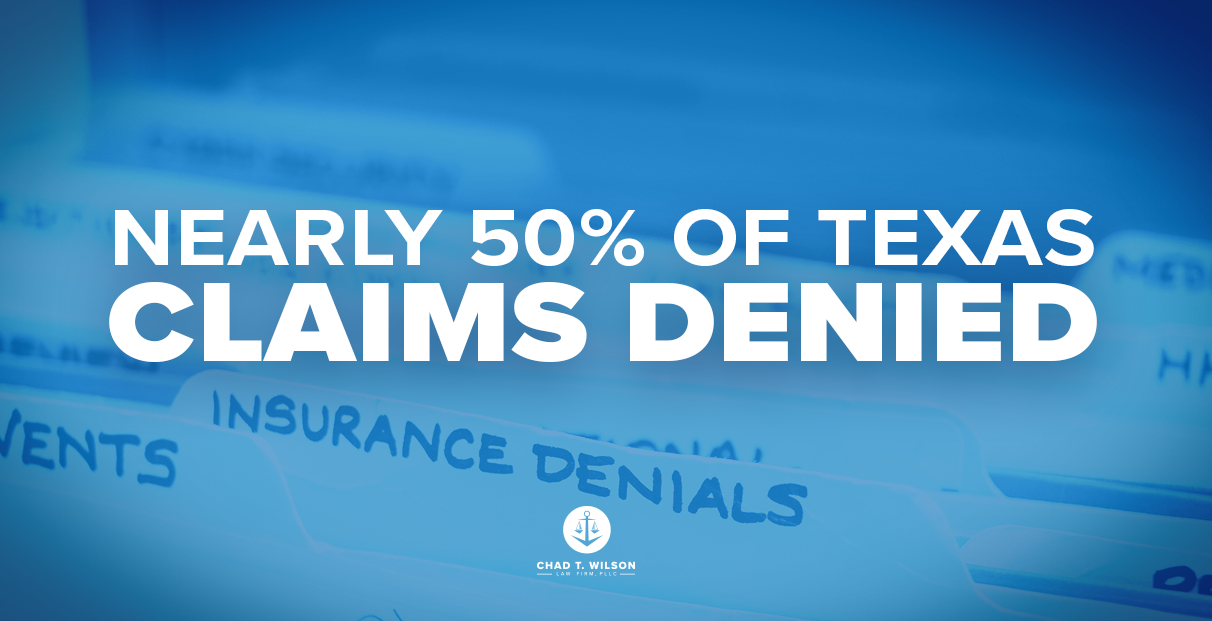
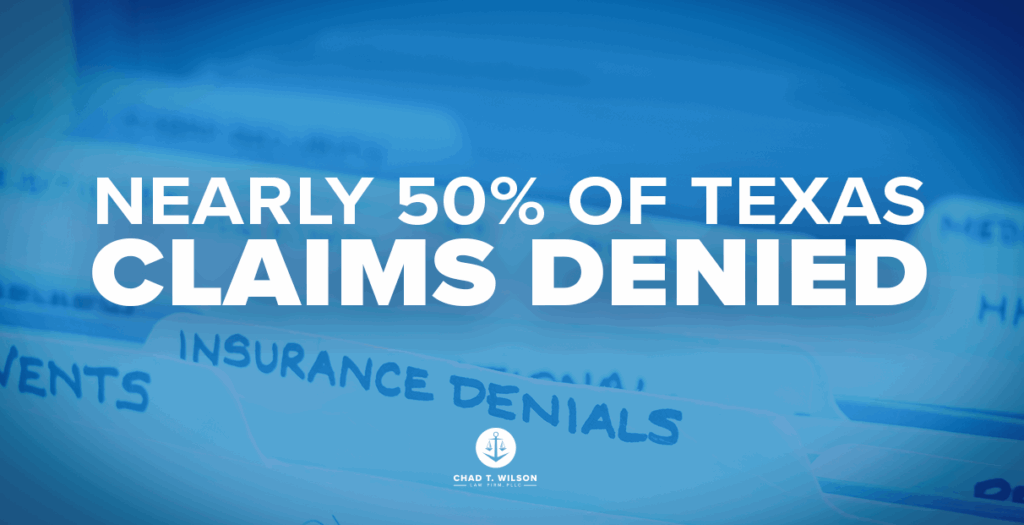

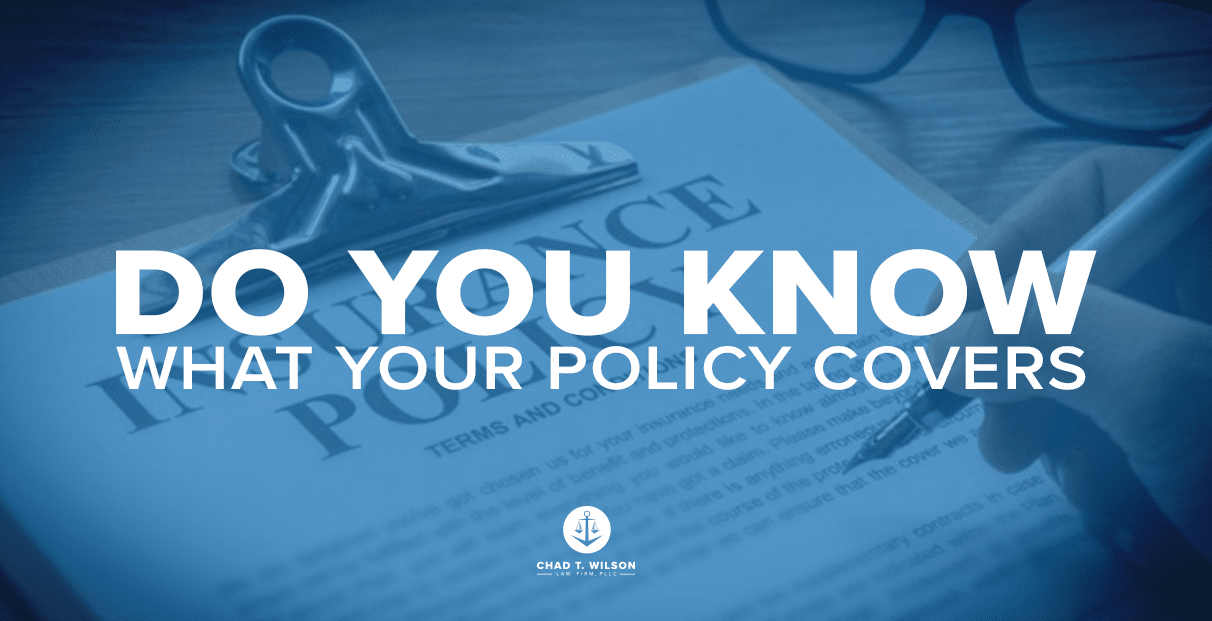
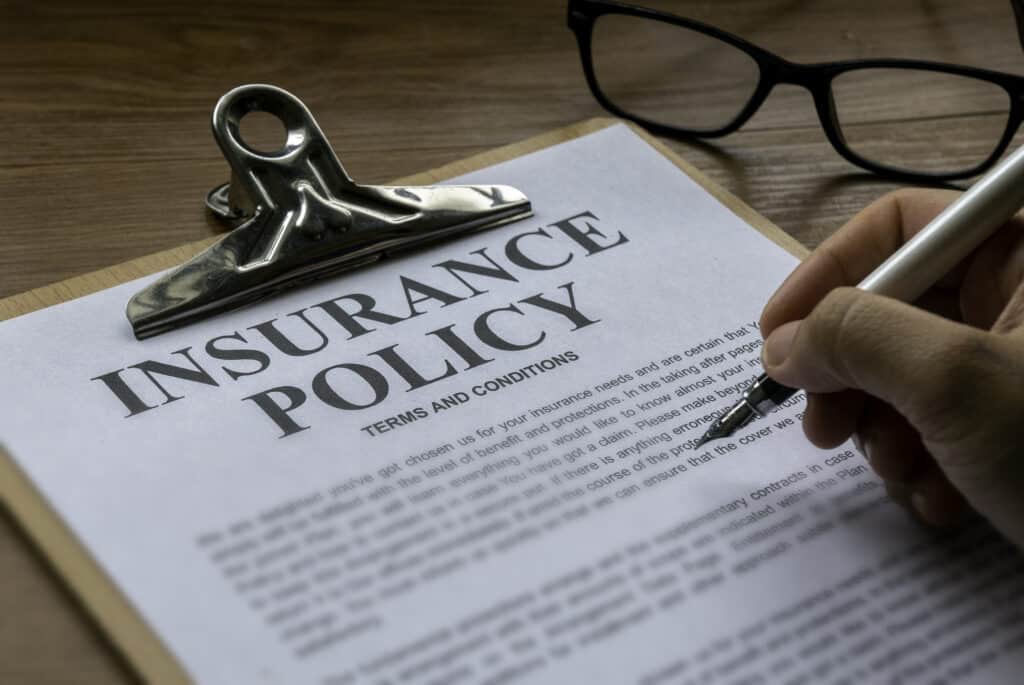

Recent Comments